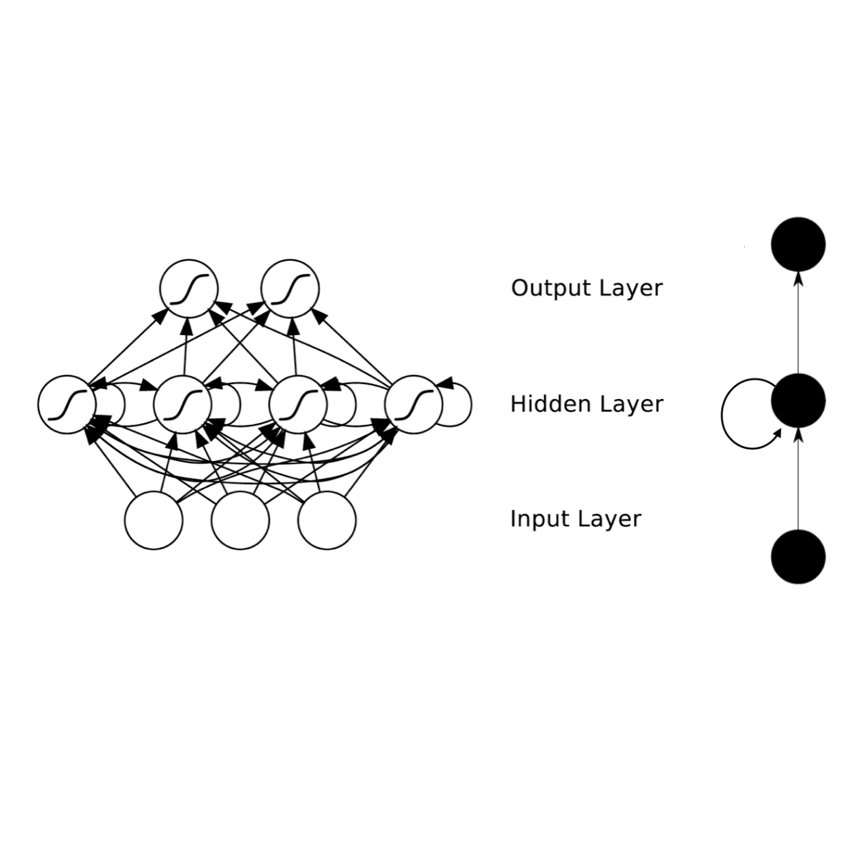In this paper, we study the problem of coverage of an environment with an energy-constrained robot in the presence of multiple charging stations. As the robot's on-board power supply is limited, it might not have enough energy to cover all the points in the environment with a single charge. Instead, it will need to stop at one or more charging stations to recharge its battery intermittently. The robot cannot violate the energy constraint, i.e., visit a location with negative available energy. To solve this problem, we propose a deep Q-learning framework that produces a policy to maximize the coverage and minimize the budget violations. Our proposed framework also leverages the memory of a recurrent neural network (RNN) to better suit this multi-objective optimization problem. We have tested the presented framework within a 16 x 16 grid environment having charging stations and various obstacle configurations. Results show that our proposed method finds feasible solutions and outperforms a comparable existing technique.
翻译:在本文中,我们研究了在多个充电站存在的情况下使用一个能源受限机器人的环境的覆盖问题。 由于机器人的机载电力供应有限, 它可能没有足够的能量来以单一电荷覆盖环境中的所有点。 相反, 它需要停在一个或多个充电站, 以便间歇地充电充电。 机器人不能违反能源限制, 即访问一个拥有负能量的地点。 为了解决这个问题, 我们提议了一个深层次的Q学习框架, 以产生一个政策来最大限度地扩大覆盖和最大限度地减少预算违规现象。 我们提议的框架还利用一个经常性神经网络的记忆来更好地适应这个多目标优化问题。 我们已经在16x16电网环境中测试了所提出的框架, 包括充电站和各种障碍配置。 结果显示,我们提出的方法找到了可行的解决方案, 并且超越了一个类似的现有技术。



